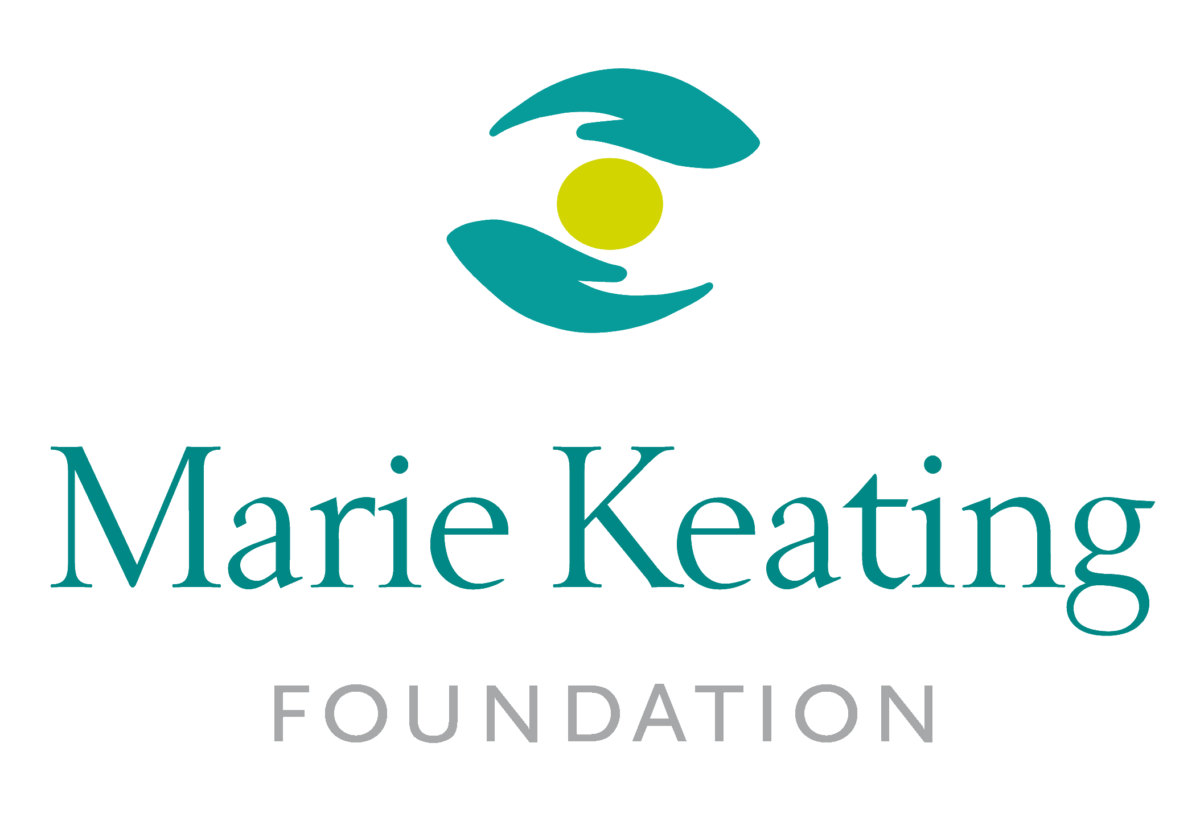Charities fear reduced income says report
Charities fear the impact of reduced income and increased demand for their services, according to a new survey carried out by the Centre for Nonprofit Management in Trinity College Dublin with Irish Charities Tax Research Limited and The Ireland Funds.
The survey, carried out at the beginning of 2009 before the full impact of the economic downturn became clear, reveals that
• Three-quarters (74.9%) of 267 responding charities believed demand for their services would increase this year.
Advertisement
• Almost two thirds (64%) expected a decrease in overall income in 2009.
• Almost half (46.4%) of those who had volunteers working in their organisation stated that volunteer numbers had increased in the past two year.
• Despite the Recession only a tiny fraction (6.7%) believed that volunteer numbers would decrease.
• 85% of responding organisations believed their organisations were threatened by the economic downturn, including the possibility that organisations would “either downsize or cease to exist as a result of the economic situation.”
The majority of organisations are planning to increase their fundraising activities in 2009, of which running fundraising events is the most popular choice, a case of more effort being required in order to stand still, the Report says.
“Charities clearly see difficult challenges ahead and whilst some believe that new opportunities may arise most are concerned that they will be unable to meet the new demands facing them in the current economic climate,” the Report states.
58% of the income received by charities in 2008 came from State funding (€459,593m.) while private income totalled €348,055m. (43.9%). Almost 60 per cent of organisations currently in receipt of State funding expect a decline in funding this year.
The survey, to ascertain organisations’ income base, determine the reliance on different fundraising methods and identify how organisations were adjusting their fundraising planning in the context of the current economic climate, was carried out during the first half of February, 2009.
www.cnm.tcd.ie





